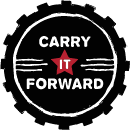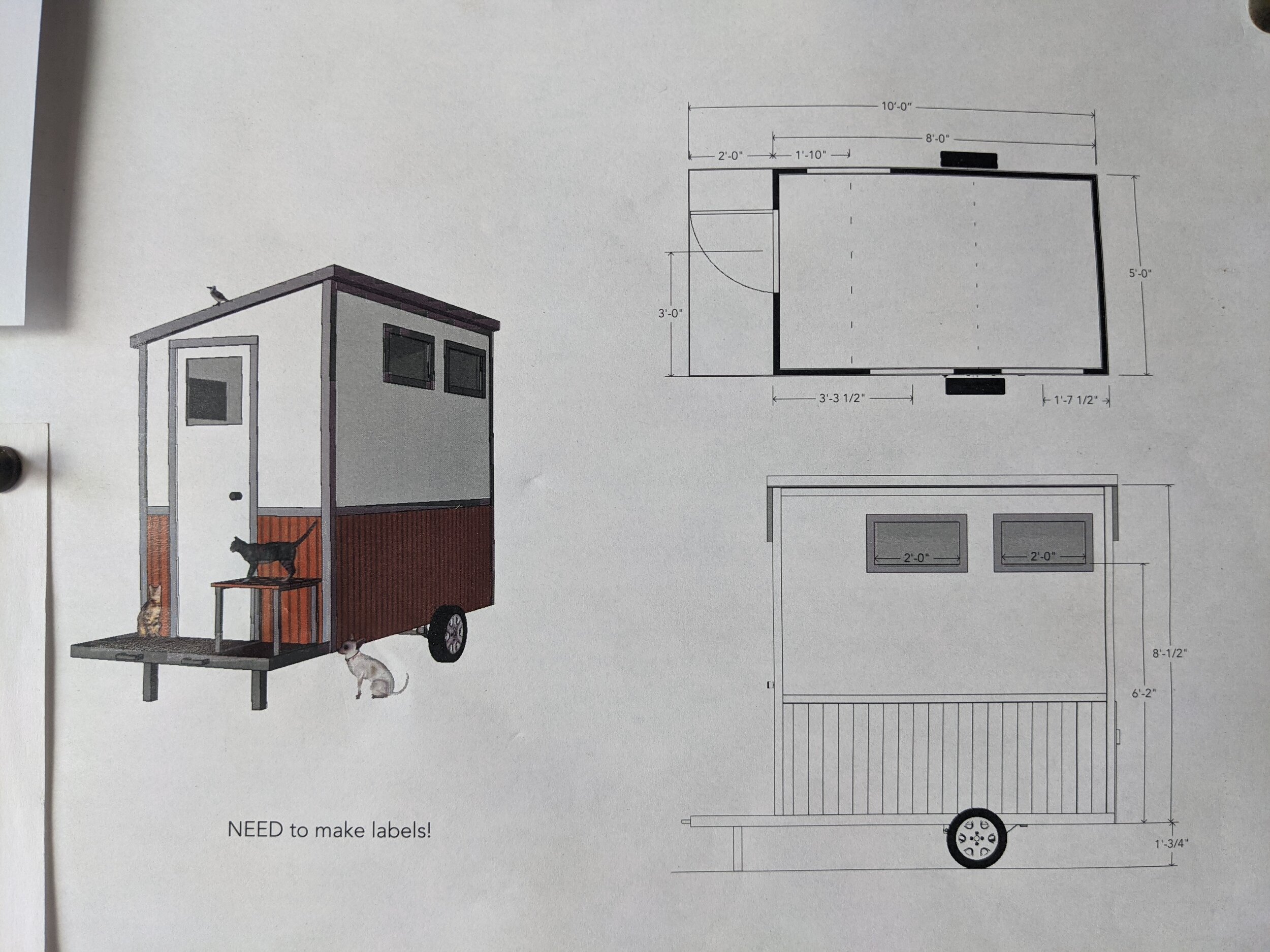Carry it Forward Founder Arwen DeSpain shared the story of Carry it Forward with Joshua Kielas on KEPW in June 2021.
The organization came into being in 2015 on a freezing night when warming centers did not have enough volunteers to open and she asked for donations from the community to take out to those living in the camps.
“It was eye-opening to me what conditions people are living under in our community,” she explained. After the freeze, she continued getting supplies to people and began sharing what she was seeing on the ground with the wider community. Donations from neighbors continued.
She didn’t set out to create a nonprofit but after the first few years, she wanted to address homelessness at a deeper level.
“I really felt like it’s all nice to give people stuff so they can survive and everything but how do we get to the next step?”
Maas-DeSpain wanted to create jobs for people in an industry that serves the homeless population. The Laundry project was the first one related to health and hygiene.
“If you smell good and feel good, you feel human. You can’t get a job if you smell bad.”
Until May 31, 2021, the program served organized camps and acutely disabled campers as well as sanctioned camps, White Bird Clinic, and HIV Alliance clients. The program employed 15 people in a 3-year period and helped to develop larger workforce development projects. Additional projects included a downtown cleanup with the Eugene Chamber of Commerce, where Carry it Forward is a member. These programs were discontinued due to a lack of continued funding. [Donate here.]
Responding to the Pandemic
When COVID hit, most of the human services agencies serving people experiencing homelessness and poverty shut down, reduced services, or went to a telehealth model, leaving people without resources. At the same time, COVID money from the Federal government was now available to stand up short-term solutions. Carry it Forward stepped up to take on very large, temporary projects that saw them expand from 10 employees to 50 employees in March 2020. Sustainable funding for long-term solutions continues to be a need for the agency.
Arwen said their current projects could be broken down into three categories:
Shelters
Advocacy/Outreach
One of the hallmarks of Carry it Forward’s work and philosophy is that they are humanistic, harm reduction, and strengths-based.
“We assume people come with strengths and skills and we build on those skills to face the challenges. We are interested in ending homelessness, we are not interested in maintaining it. We end up helping people who slip through the cracks of traditional services. With any of our projects and all of our work, we are helping people identify what their goals are and helping them to get towards their goals. It isn’t our job to tell them what the goals are, it’s our job to help them get to what their goals are.”
In addition to operating a 10-bed shelter, they provide car camping support in Springfield that includes case management, host a Eugene microsite, operate public showers, and teach construction skills in the SPOT Shelter program with a sweat equity component, “If you build with us you can get one,” Maas-DeSpain shared.
The street outreach program has changed over the past year. Instead of direct deliveries in emergencies, the team has targeted their advocacy and outreach into Springfield and rural areas and fire impacted areas that are underserved in comparison to Eugene.
Arwen noted the biggest question continues to be “where can people be so they can build a foundation and set enough roots down to stop just trying to survive day to day and work on the things they need to work on to get better?”
SOURCE: Carry it Forward Makes a Difference - KEPW, June 28, 2021







